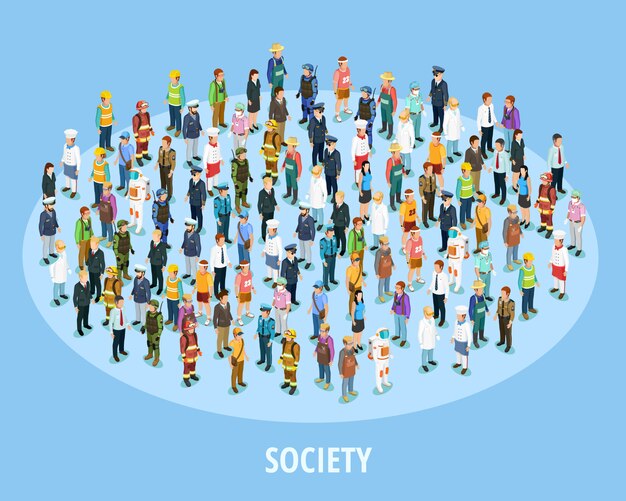Society is the totality of people living together in organized communities. It is a complex social system characterized by patterns of relationships between its members. These relationships are governed by norms, values, and institutions that define what is acceptable behavior in the society. The word “society” comes from the Latin societas, which means “association” or “fellowship.”
A society can be small, like a family or a group of friends, or it can be large, like a nation or the world. All societies have certain things in common: they consist of people who interact with one another; they have rules and laws to define acceptable behavior; they have ways to resolve disputes; and they have institutions to support them. But there are also many different types of societies, each with its own unique features.
The most basic unit of any society is the individual. People come together to form societies because it is in their best interest to do so—it allows them to pool their resources and cooperate with one another to better meet their needs. In return for giving up some individual freedom, people gain the security that comes from being part of a larger group.
Societies are held together by various kinds of bonds—economic, political, religious, ethnic, linguistic—that link individuals to one another and give them a sense of identity as members of a particular group. The stronger these bonds are, the more cohesive the society will be. Social cohesion makes it possible for societies to function smoothly and efficiently by ensuring that everyone knows their place and role within the group. It also helps maintain order and prevent chaos by providing rules and guidelines for behavior


